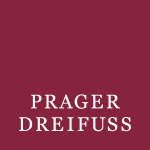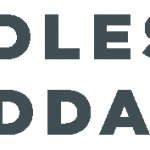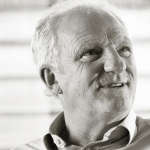The Supreme Court has ruled against Chinese telecoms giants Huawei and ZTE today (26 August) in a landmark IP dispute, with Osborne Clarke and EIP Legal securing victory for clients Unwired Planet and Conversant.
The case concerns patent infringement and the manner in which corporates enter global licensing arrangements. Huawei had been appealing against previous decisions in favour of Conversant, with the companies battling on jurisdictional grounds over whether particular patents were essential to the implementation of international standards for mobile telephony.
The case rested upon whether an English court has power or jurisdiction to enforce fair, reasonable and non-discriminatory (FRAND) terms by reference to a global portfolio of standard essential patents, with the unanimous decision today confirming they do. In November 2019, a technical trial in the High Court ruled in favour of Conversant that two patents were essential and infringed.
The judgment today in favour of Unwired and Conversant means companies like Huawei will have to acquire global licences for particular patents, with a failure to do so resulting in limited access to the UK telecoms market.
Leading the successful defence against the claim for Unwired and Conversant was Osborne Clarke’s head of IP disputes Arty Rajendra and EIP Legal partner (and former London managing partner of Taylor Wessing) Gary Moss. The appeal from Huawei and ZTE, meanwhile, was led by Allen & Overy’s (A&O’s) Neville Cordell, Mark Heaney and Mark Ridgway in addition to Powell Gilbert partners Simon Ayrton, Peter Damerell, and Zoë Butler.
‘It is a niche area of law, even within IP law, but it is hugely important to those operating in the mobile phone market,’ Rajendra told Legal Business. ‘It will become even more important as even more and different types of businesses look to access the 5G standard. A wider variety of technology businesses will want access to that standard, and it will be protected by tens of thousands of essential patents, so you will get more cases around these standards in the future. The English courts are perfectly positioned to hear those cases given this judgment.’
Moss commented: ‘Many in the industry thought that what we were attempting was crazy and hopeless. But we and our clients have held firm; along the way we have gone through 12 major trials and appeals and innumerable interim court hearings. We always believed in our clients’ case and seven years later we are delighted to have our belief endorsed by the Supreme Court.’
For the appellants, A&O and Powell Gilbert instructed 8 New Square’s Daniel Alexander QC and Andrew Lykiardopoulos QC; One Essex Court’s Henry Forbes Smith; Brick Court’s Mark Howard QC; and Blackstone Chambers’ James Segan.
For the respondents, Osborne Clarke and EIP Legal instructed 8 New Square’s Adrian Speck QC, Isabel Jamal and Thomas Jones as well as Brick Court’s Sarah Ford QC and Colin West.
thomas.alan@legalbusiness.co.uk
For more background on the case, read ‘Perfect Storms – cases of the year’ in our annual Disputes Yearbook















